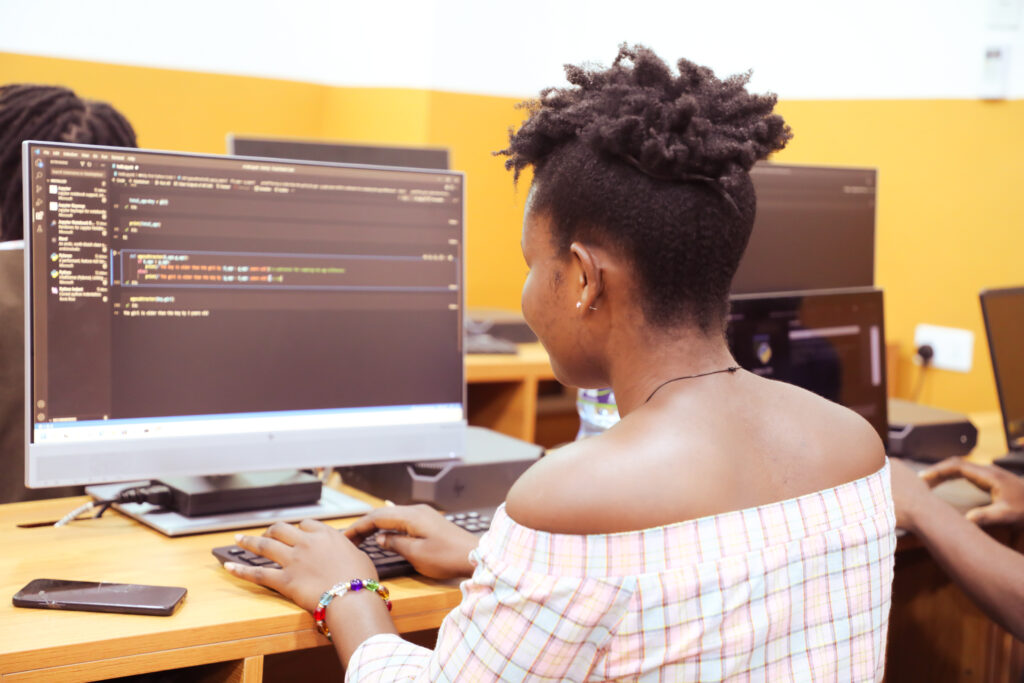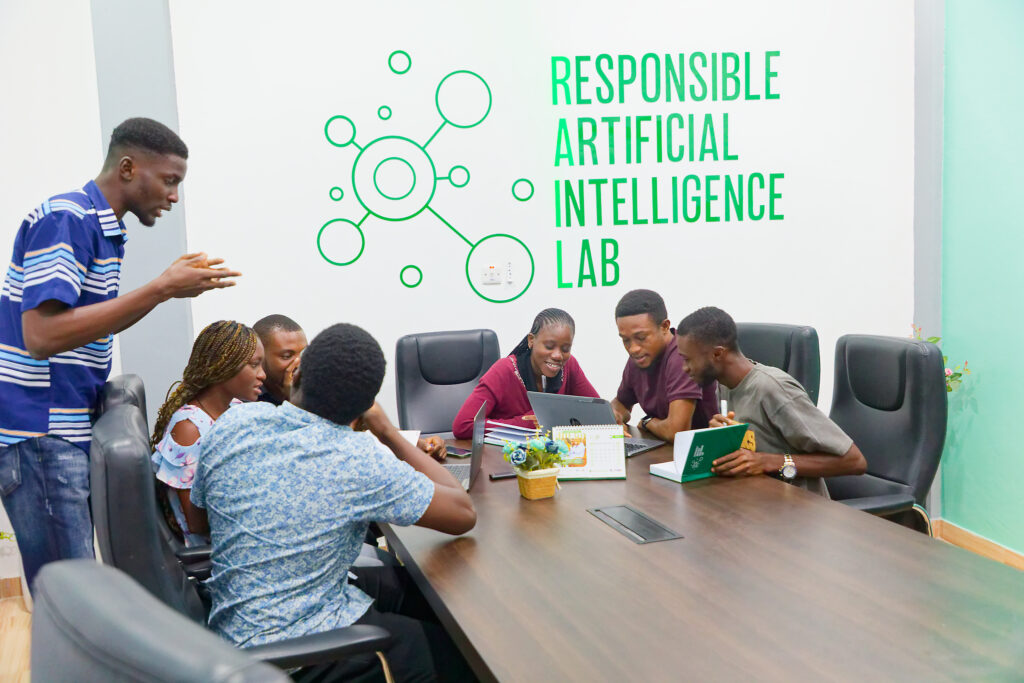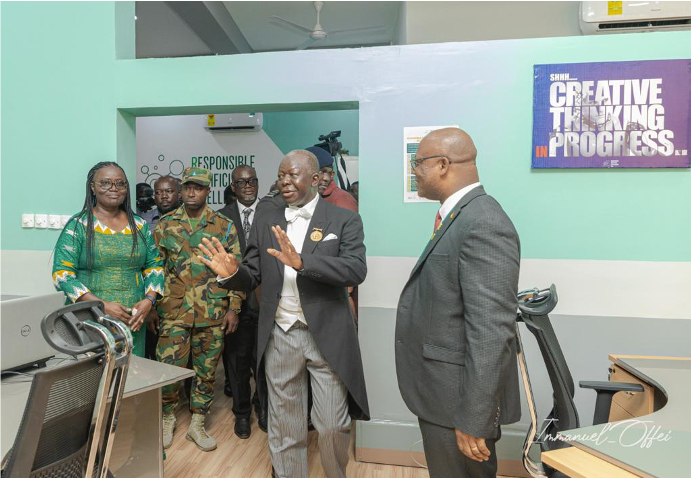The Responsible Artificial Intelligence Lab (RAIL) at Kwame Nkrumah University of Science and Technology (KNUST), Ghana, is dedicated to advancing the responsible use of AI to address the Sustainable Development Goals (SDGs). RAIL envisions a future where AI innovations are deployed inclusively and ethically to empower African communities and drive sustainable development across the continent.

AI has the potential to transform critical sectors such as health, energy, agriculture, and food systems, supporting countries in Sub-Saharan Africa to achieve their development goals. However, challenges such as a significant digital skills gap and weaknesses in technical education programs threaten this potential. RAIL is at the forefront of bridging these gaps by strengthening AI capacities, fostering ethical AI frameworks, and influencing policy to ensure the responsible adoption of AI technologies.

RAIL’s mission is to enhance the quality of life by promoting ethical, sustainable, and inclusive AI innovations through:
- Cutting-edge research and development.
- Capacity building for researchers and practitioners in responsible AI utilisation.
- Stakeholder and community engagement.
- Collaboration and strategic partnerships.
- Influencing AI policies and practices across Ghana and Cape Verde.

RAIL is now in its second phase, supported by Artificial Intelligence for Development (AI4D Africa) with funding from the International Development Research Centre (IDRC) Canada, Deutsche Gesellschaft für Internationale Zusammenarbeit (GIZ) GmbH, and the Foreign, Commonwealth and Development Office (FCDO), UK. This phase focuses on advancing ethical, inclusive, and sustainable AI in Africa.
In addition, RAIL spearheads the Artificial Intelligence for Sustainable Development (AI4SD) project, funded by the French Embassy in Ghana. The focus areas for the project are AI in Agriculture (SDG 2), AI in health (SDG 3), AI in Energy (SDG 7), AI in Education (SDG 4), AI for dealing with illegal mining (SDG 6), Responsible AI and Inclusivity (SDG 10) and AI-powered innovations (SDG 9). Beyond developing innovative solutions, we will also curate critical datasets for the ecosystem.